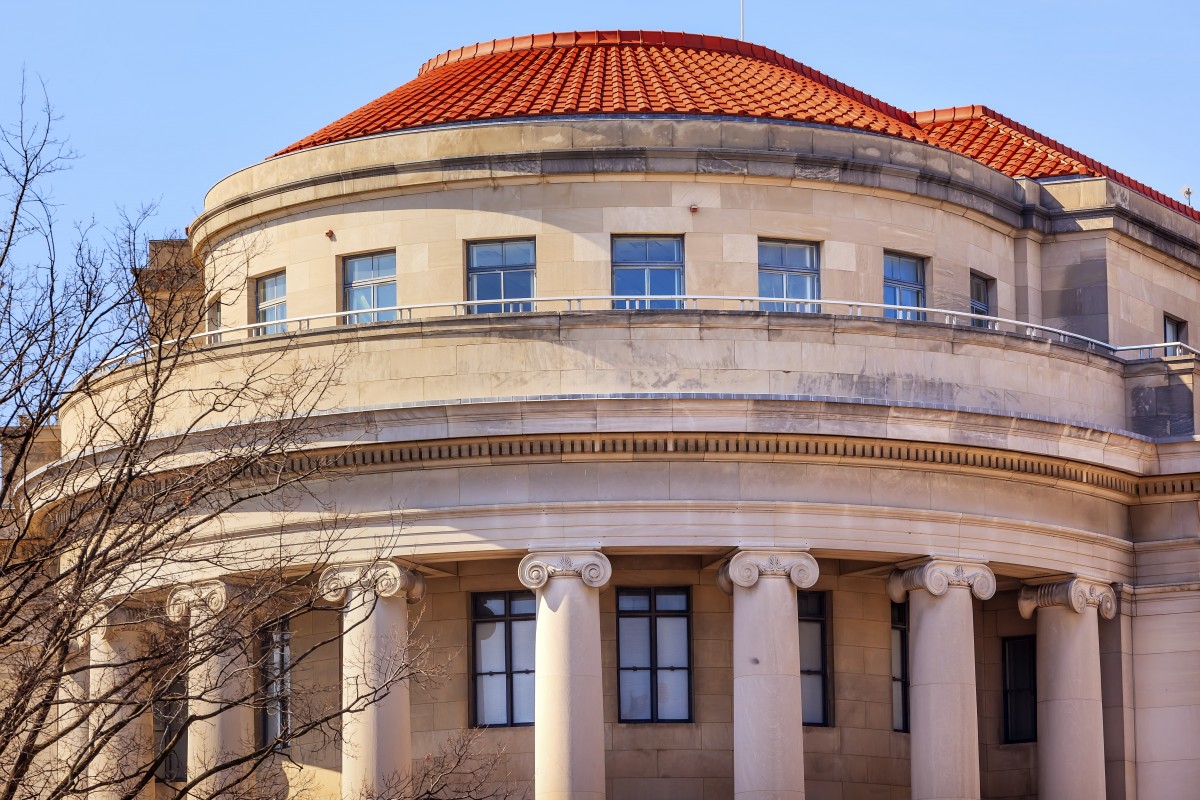
FTC Chairwoman: Google’s Voluntary Agreement Not Precedent; Search Bias Pro-competitive Though It Harms Competitors
Many were disappointed with the Federal Trade Commission’s and Google’s unprecedented voluntary agreement in January on advertising data and the “scraping” or excerpting of content from sites like Yelp. Now, it seems, the chairwoman of the FTC is apparently dismissing the agreement as a one-time deal that other companies should not expect.
Additionally, the newly installed chairwoman said that while Google’s manipulation of search results to favor its own products harmed competitors, it is ultimately pro-competitive.
On Tuesday, FTC Chairwoman Edith Ramirez testified before the Senate Subcommittee on Antitrust, Competition Policy and Consumer Rights on recent antitrust cases. Sen. Mike Lee, the Ranking Republican of the subcommittee, pressed Ramirez on the findings of the FTC regarding Google’s manipulation of search results. One exchange was particularly interesting, yet puzzling:
Lee: “Chairwoman Ramirez, the commission found evidence that Google biases its search results against websites that compete with Google’s secondary offerings, but ultimately concluded that because the display of its own content would plausibly be viewed as an overall improvement of Google’s search product, the conduct was not anti-competitive. Can you help me understand what standard the commission used in reaching this conclusion, because obviously circumstances of innovation don’t automatically overcome or override evidence of competitive harm?”
Ramirez: “Senator, in my view the pertinent standard that governs product improvements is the standard that was applied by the D.C. Circuit in the Microsoft case. I want to clarify that what we found was the design changes were, in fact, pro-competitive changes designed to improve the overall search experience for the user. And that pro-competitive justification was supported by ample evidence, even though it also had the impact of negatively impacting rivals.”
So apparently Google’s evidence of adding YouTube videos and other Google services at the top of search results is competitive even though it, in many cases, that leads to less relevant results and fewer choices for consumers. This anti-competitive practice also allows Google to fuel its online advertising juggernaut, by diverting more traffic to its properties, which enables the company to sell more ads. And what about those small Internet entrepreneurs, such Tim Carter of AsktheBuilder.com or John Pike of GlobalSecurity.org, both of whom saw traffic to their sites fall by half after Google made these so-called pro-competitive changes?
Competition is propelled by more competitors, both small and large, fighting for consumers. Having one company, Google, controlling 78% of all U.S. Internet searches and diverting all that traffic to its properties, and away from competitors, is simply not pro-competitive.
The hollowness of the FTC’s decision in the Google case, which editorial writers at The New York Times and Bloomberg eloquently wrote about at the time of the decision, seems to not be lost on Lee who asked William Baer, head of the Department of Justice’s antitrust division, how future evidence against Google would be handled. According to a Bloomberg report of the antitrust hearing, Baer hasn’t ruled out a new probe of Google if new allegations arise.
At Tuesday’s hearing, Ramirez also responded to a series of Lee questions on the FTC’s acceptance of Google’s voluntary agreements. At the time of the settlement, the voluntary agreement did not receive a majority of the commissioners’ support, Politico Pro reported, and then-commissioner J. Thomas Rosch vocally opposed that arrangement because it established bad precedent. Politico reported:
“But new FTC Chairwoman Edith Ramirez reiterated her position that the voluntary strategy wasn’t the proper procedure — and said the Google case wouldn’t change commission practices going forward. ‘That matter should not be considered precedent. When there is a majority of commissioners who find that there’s been a violation, any remedy should be embodied in a formal consent order. That’s what happened before the Google matter and that’s what’s going to continue to happen following the Google matter.’”
Ramirez added that Google made the voluntary commitments and she expects the company to fulfill them. If not, she added, the commission will look to take “appropriate action.”
We certainly hope so. And if history is an indicator, Google’s history of evading and not cooperating with investigations and legal rulings worldwide might mean the FTC or the DOJ will have to take more enforceable actions against Google’s abuse of dominance sooner rather than later.
